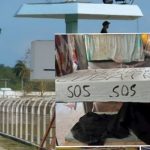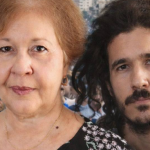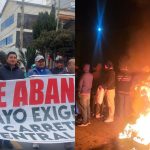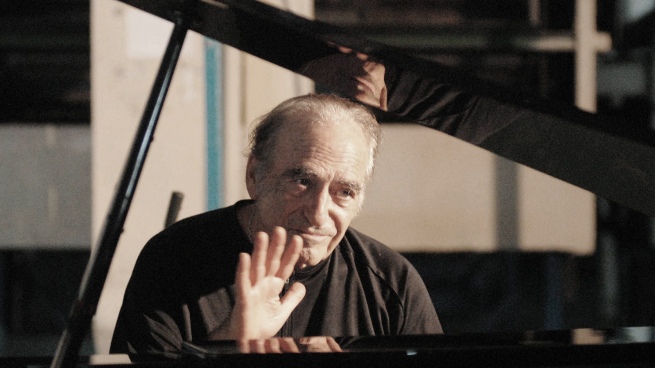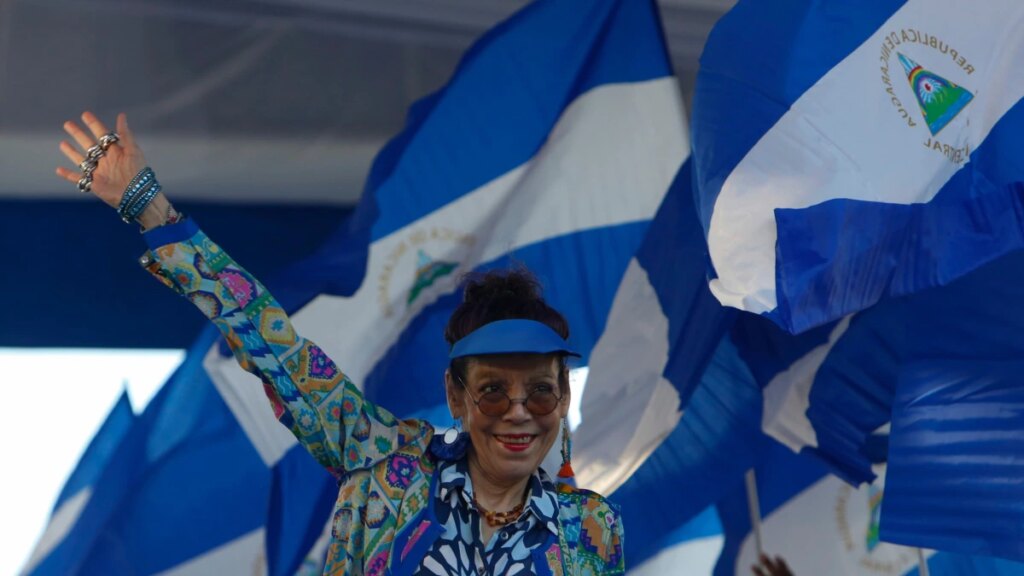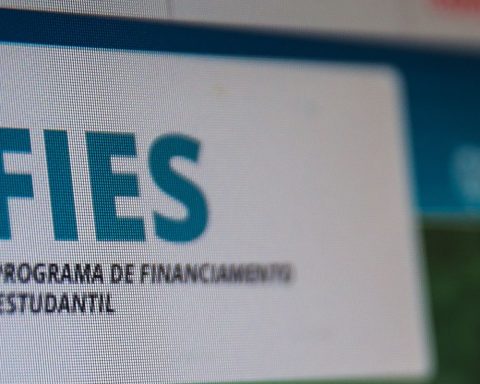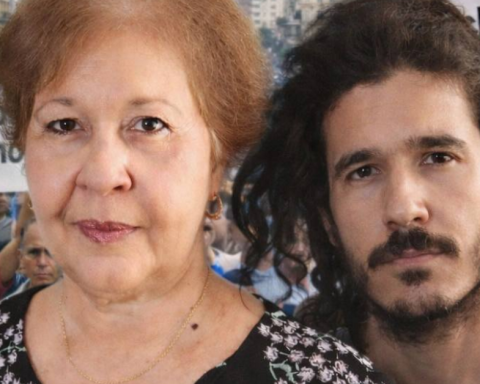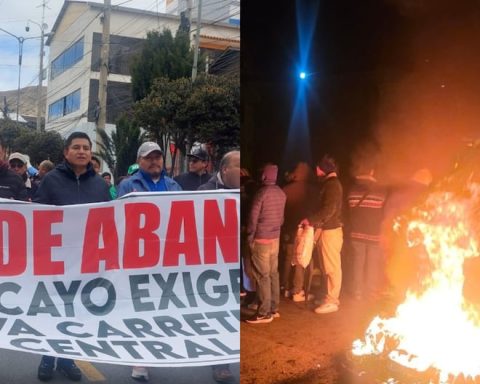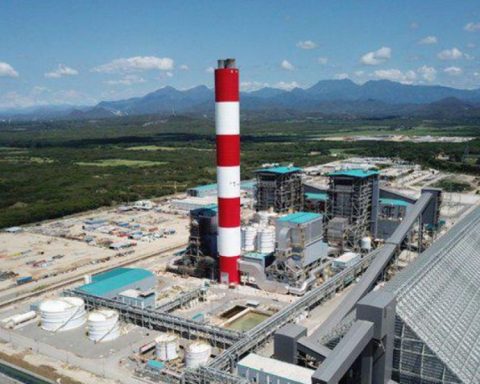The United States was scheduled to announce new sanctions against Russia on Wednesday after Ukrainian President Volodimir Zelensky showed the UN Security Council harsh images of civilian deaths and accused Moscow of committing atrocities.
The sanctions, along with another $100 million in US military aid announced Tuesday, were prompted by the discovery of dozens of bodies in civilian clothes in areas where Russian troops have withdrawn, such as in the city of Bucha, near Kyiv.
“We had already concluded that Russia committed war crimes in Ukraine and Bucha’s information appears to show more evidence of war crimes,” said a US source with knowledge of the planned action.
The Ukrainian president on Tuesday compared Russian actions to Nazi atrocities, in an emotional video address from kyiv to the 15-member Security Council. “They dismembered, cut their throats, raped the women and killed them in front of their children,” Zelensky said.
He also demanded stronger action from Western powers, calling for Russia’s exclusion from the Council, which has veto power, and blamed Moscow for the fact that the UN is “currently incapable of performing the functions for which it was created.”
The US sanctions, which are being prepared jointly with the European Union (EU), must include a ban on new investments in Russia and other measures.
“They are addressed to Russian government officials, their families, Russian financial institutions and state-owned companies,” White House spokeswoman Jen Psaki said Tuesday.
The new package of sanctions that the EU is preparing must include oil and coal, said French Foreign Minister Jean-Yves Le Drian.
In turn, the United Kingdom announced that it has frozen some 350,000 million dollars in assets from the reserve fund of Russian President Vladimir Putin.
Kremlin’s refusal
For its part, the Kremlin denies killing civilians and claims that the images of Bucha and other places are forgeries made by Ukrainian forces, or that the deaths occurred after the withdrawal of Russian troops.
But satellite images taken when the city was under Russian control show what appear to be bodies lying in the streets where they were later found by Ukrainian forces and observed by journalists.
In the Security Council, the Moscow ambassador rejected Zelensky’s version and stated that the “baseless accusations (…) are not confirmed by eyewitnesses.”
However, residents of Bucha told AFP that they saw Russian soldiers kill civilians. “In front of my eyes they shot a man who went out to look for food in the market,” said Olena, 43, who did not reveal his last name.
During a grim cleanup of Bucha, workers on Tuesday placed the remains of partially burned bodies in black bags and loaded them into a van.
After touring the devastation, Interior Minister Denys Monastyrsky told reporters that “dozens of bodies” remain in apartments in Bucha and nearby woods.
“What we saw in Bucha is not an isolated act of uncontrolled unity. It is a deliberate campaign to kill, torture, rape, commit atrocities,” said US Secretary of State Antony Blinken.
Ukrainian authorities warned that other towns could have suffered an even worse fate than Bucha.
cluster bombs
The conflict, the worst in decades in Europe, has left up to 20,000 dead, according to Ukrainian estimates, and 4.25 million people have fled the country.
In the northern Ukrainian city of Chernigov, under siege since the first days of the invasion, AFP visited a burned-out children’s hospital riddled with bullet holes and shrapnel.
“Cluster bombs were flying, we have traces of these bombs,” said Olena Mokoviy, 51. “The injured were taken to the children’s hospital, children and adults.”
According to city authorities, some 350 civilians died in Chernigov, where residents dug mass graves to bury them.
NATO chief Jens Stoltenberg said the alliance expects Russia to try to control the entire eastern Donbas region and create a land bridge to the Moscow-occupied Crimean peninsula.
In the town of Krasnopilia, the Ukrainian forces are preparing to stop it.
“We know that the Russians are strengthening and preparing to attack,” a senior Ukrainian official told AFP. “We are ready, we have prepared some surprises for you along the way.”
Ukrainian authorities in the breakaway regions of Donetsk and Luhansk have asked civilians to evacuate to the west.
On Tuesday, there was a three-kilometer queue of vehicles waiting to pass the checkpoint to enter the cities of Kramatorsk and Slavyansk.
Most of the evacuations have been by train, with between 2,000 and 3,000 people leaving Kramatorsk station daily.
dialogue opportunity
For their part, Spain, Italy, Denmark and Slovenia expelled dozens of Russian diplomats suspected of being intelligence agents, as France and Germany did a day earlier. In total there were 180 expulsions in 48 hours.
The Kremlin called it a “lack of vision” that will complicate efforts to negotiate an end to the conflict.
Putin warned for his part of “retaliation” for the recent European sanction against the Russian gas giant Gazprom, and said that Moscow could “monitor” its food exports to “hostile” countries.
Russian Foreign Minister Sergei Lavrov told Russian television on Tuesday that his country is “ready” to continue peace negotiations.
Ukraine proposed in the negotiations an agreement with other countries that guarantee its security in exchange for accepting the status of a neutral and non-nuclear nation, desisting from joining NATO and not hosting foreign military bases.
In exchange, Russia would accept its accession to the European Union.

